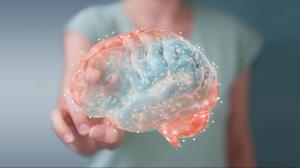Gary S. Seale, PhD, LPA, LCDC, CBIS-T
Articles by Gary S. Seale, PhD, LPA, LCDC, CBIS-T
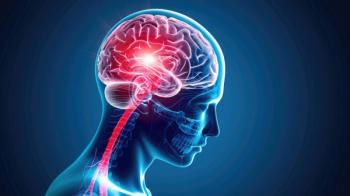
Resilience is dynamic and modifiable and is associated with positive rehabilitation outcomes following brain injury. Engaging patients in interventions to develop and strengthen resilience may improve rehabilitation outcomes by promoting psychosocial adjustment, mitigating emotional distress, and enhancing community participation.
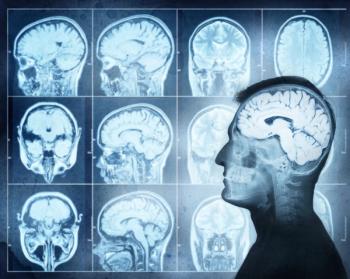
Given that individual differences exist regarding the effects of brain injury and gaps persist in the treatment continuum, challenges arise in treating individuals with acquired brain injury. Addressing these challenges can improve patient outcomes.
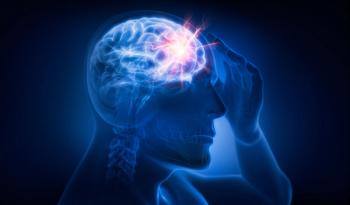
Studies report an increased risk for suicidal thoughts, suicide attempts, and even death by suicide following brain injury.
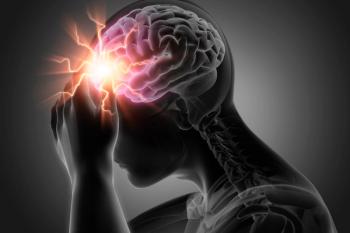
Research shows an increased risk for suicidal thoughts, suicide attempts, and even death by suicide following brain injury.
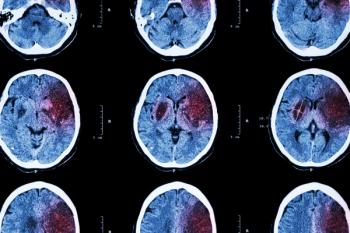
Neuropsychiatric disorders regularly occur following traumatic brain injury and are often diagnosed within the first year postinjury. Diagnosis and treatment of neuropsychiatric disorders can be difficult due to a number of interacting factors, such as preinjury psychiatric history, lesion location, injury severity, substance misuse, and psychosocial complications. Clinicians should use a highly individualized approach to diagnosis and treatment planning.

Research demonstrates a seasonal trend associated with stroke onset. More strokes occur between November and February than any other time period. Due to the holidays and other events, these months can be stressful and disrupt usual routines. Overeating, excessive alcohol intake, physical inactivity, and sleep deprivation frequently accompany the holidays and can increase risk for stroke. Clinicians can educate and provide strategies to effectively navigate the holiday season and potentially reduce risk for stroke.
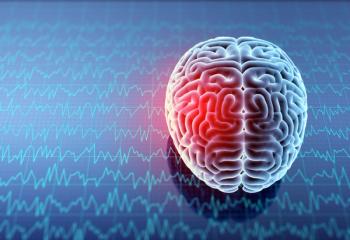
Concussion is the most common type of traumatic brain injury. Unfortunately, many individuals that sustain a concussion are not seen in a medical setting. All health care providers should receive training in identifying the signs and symptoms of concussion in order to provide proper guidance and referral for specialized treatment.
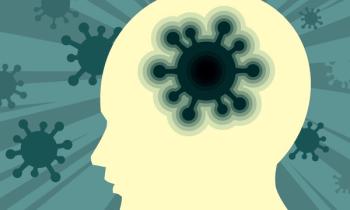
"With the similarities observed in neurocognitive and neuropsychiatric symptoms of long COVID and concussion/mTBI, approaches to effectively manage concussion/mTBI may provide some insights to treatment."
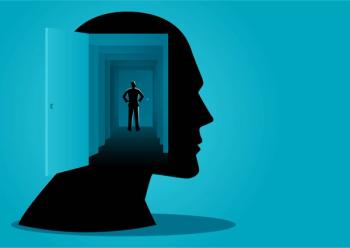
Aphasia is an impairment of language that frequently occurs following neurological injury, particularly stroke. Understanding the various types of aphasia, treatment modalities, and the importance of family education and training can empower clinicians in directing treatment.
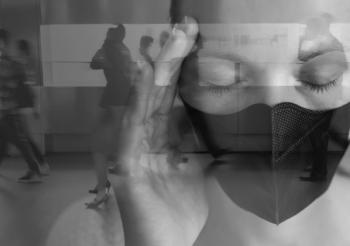
Many individuals infected with COVID-19 continue to experience symptoms after recovering from the initial viral infection. Persistent symptoms include neurocognitive and neuropsychiatric symptoms that can interfere with meaningful daily activities and roles. Given the symptom overlap, best practices and evidenced-based techniques for the treatment of concussion/mTBI can inform treatment approaches to manage symptoms and reduce the negative impact of long COVID.

After a traumatic brain injury, aerobic exercise promotes cardiovascular fitness, cognitive recovery, and reductions in mood disorders.

Aerobic exercise is a nonpharmacological intervention that has been shown to improve not only cardiovascular fitness, but also depressive symptoms, and cognition following traumatic brain injury.
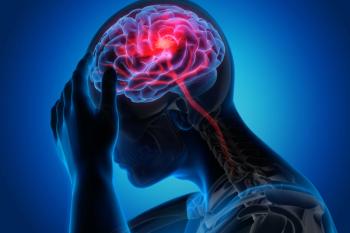
"rTMS and tDCS allow for controlled and targeted neuromodulation, and when combined with other therapeutic approaches, they may produce superior outcomes."
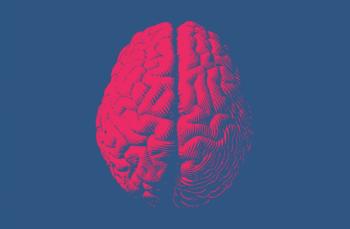
Psychosocial consequences are common after acquired brain injury and may represent the greatest challenge facing individuals with brain injury. Understanding the psychosocial consequences of brain injury, and the evidenced-based interventions to address those consequences can assist clinicians in providing effective treatment following acquired brain injury.
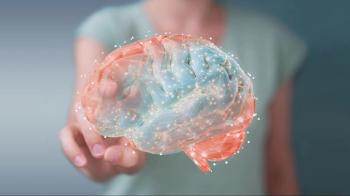
Noninvasive brain stimulation techniques have been shown to be safe and effective in treating the cognitive, physical, and emotional consequences of acquired brain injury.
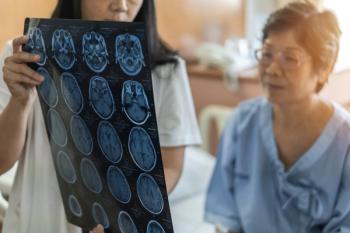
Understanding the symptom overlap between concussion/mild traumatic brain injury and other psychiatric conditions, such as PTSD and depression, can assist clinicians in differential diagnosis and providing effective treatment.

Understanding the intersection between substance misuse and acquired brain injury can assist clinicians in accurately diagnosing and treating these cooccurring conditions.

Chronic issues with alcohol are often related to a myriad of symptoms associated with stroke.





















